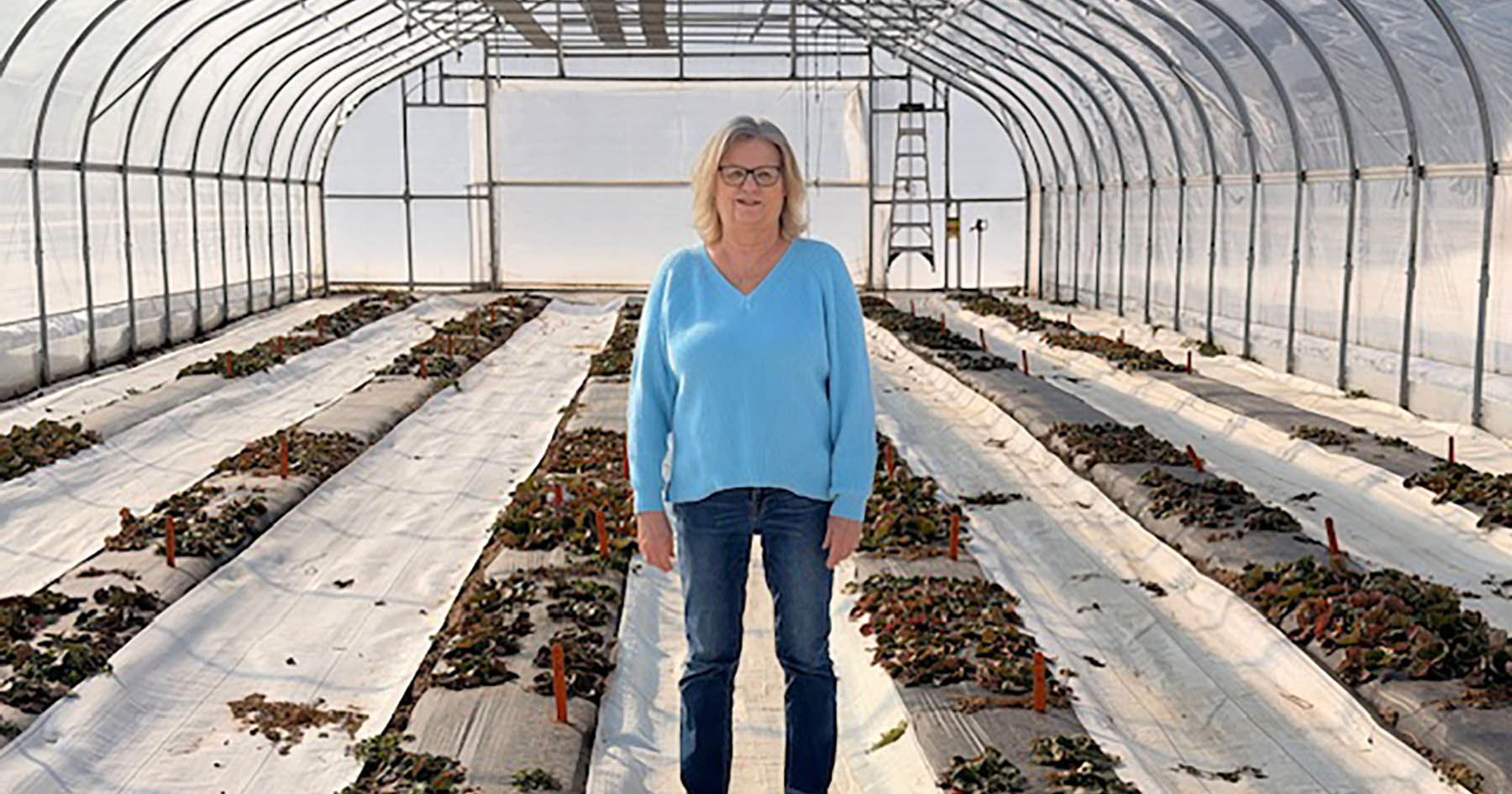Farmers can cut energy bills, gain federal incentives through audit
Running a farm operation is a constant numbers game, with farmers constantly evaluating the costs of replacing equipment, fertilizer, feed and labor against market prices. Another significant cost comes in the form of monthly energy bills for electricity, gas, diesel and natural gas, which can climb to thousands of dollars, depending upon the size of the farm.
Farmers can significantly cut those energy costs - anywhere from 20 percent to 40 percent, in many cases, under an audit offered by Purdue Extension, said Chad Martin, the Renewable Energy Extension Specialist in Agricultural and Biological Engineering at Purdue University. Purdue Extension conducts these audits for farmers in Indiana, Ohio, Kentucky, Illinois and Michigan.
The comprehensive energy audit can reveal ways to cut energy costs with various parts of the farm operations, including lighting, heating, irrigation systems and grain-drying equipment. It also addresses the specific needs of dairy farm operations, livestock confinement systems, greenhouse growing facilities, and aquaculture systems.
“Farmers are often amazed when we come in and show them where they’re leaking energy use,” said Martin, who works on the program with Klein Ileleji, Extension Engineer at Purdue’s Agricultural and Biological Engineering Department.
“In many cases, they’re wasting energy without realizing it. They’re too busy producing their crops, raising animals and doing what they have to run their operations,” Martin said.
Neal Smith, who runs a 2,500-acre farm in Pendleton, Ind., along with his father, Michael Smith, and son, Mitchell Smith, had Purdue Extension conduct an audit of their operations recently. They combined the audit with an overall expansion plan that included upgrades in equipment.
Although he hasn’t crunched specific numbers yet, Smith said, “there’s no doubt we are saving a lot of money in electricity. Before, our total power was just going up. We definitely have significant savings over the old system.”
Smith, who primarily produces soybean and corn, said they were particularly interested in cutting electric bills related to running grain drying equipment, which can fluctuate depending upon market trends. He said the audit was a smooth process; it only required providing information the audit team needed to analyze various aspects of the farm operations.
An energy audit ranges from $125 to $350, depending upon the size of the operations, Martin said.
Those costs along with those related to energy-efficient upgrades can be offset by grants offered through the USDA Rural Development’s Rural Energy for America Program (REAP). It provides financial assistance to agricultural producers and rural small businesses in America to purchase, install, and construct renewable energy systems, make energy efficiency improvements to non-residential buildings and facilities, use renewable technologies that reduce energy consumption, and participate in energy audits and renewable energy development assistance.
Several utility companies also offer incentives for electrical efficiency upgrades as well as metered natural gas systems. Many farm operators are unaware they qualify for commercial and industrial financial incentives, Martin said.
“We work to facilitate these connections,” he said.
Many farmers, including Smith, have successfully applied for the REAP grant funds, Martin said. In 2015, producers and rural businesses throughout the United States were awarded a total of $63 million in grants and loans through the program.





